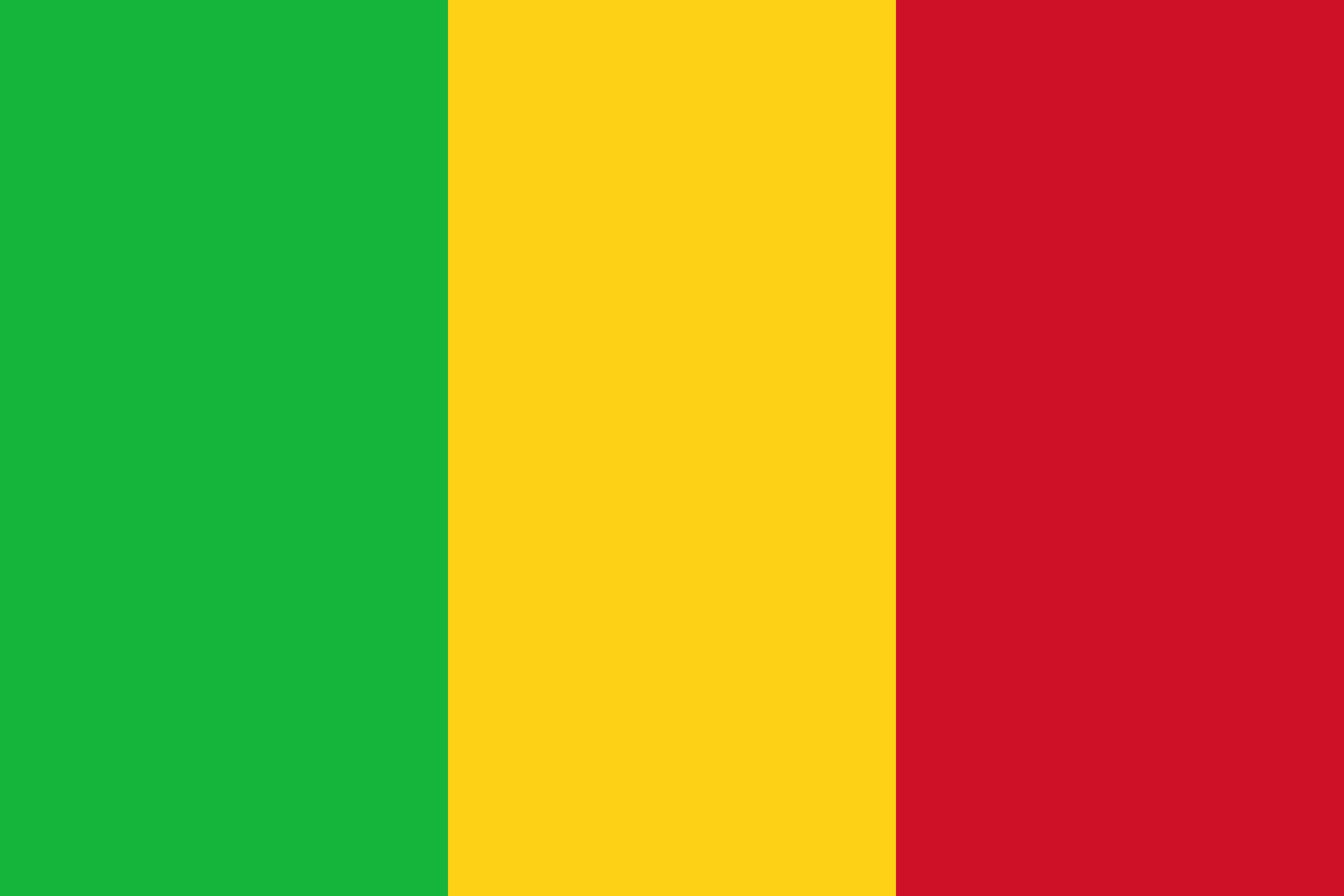Mali (/ˈmɑːli/ (About this soundlisten); French pronunciation: [mali]), officially the Republic of Mali (French: République du Mali; Bambara: Mali ka Fasojamana; N'Ko script: ߡߊߟߌ ߞߊ ߝߊߛߏߖߊߡߊߣߊ), is a landlocked country in West Africa. Mali is the eighth-largest country in Africa, with an area of just over 1,240,000 square kilometres (480,000 sq mi). The population of Mali is 19.1 million.[9][10] 67% of its population was estimated to be under the age of 25 in 2017.[11] Its capital is Bamako. The sovereign state of Mali consists of eight regions and its borders on the north reach deep into the middle of the Sahara Desert, while the country's southern part, where the majority of inhabitants live, features the Niger and Senegal rivers. The country's economy centers on agriculture and mining. Some of Mali's prominent natural resources include gold, being the third largest producer of gold in the African continent,[12] and salt.[13]







